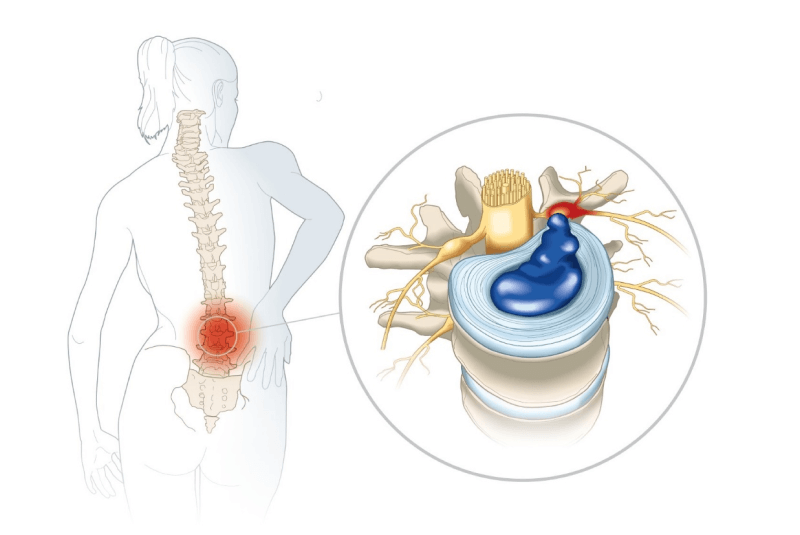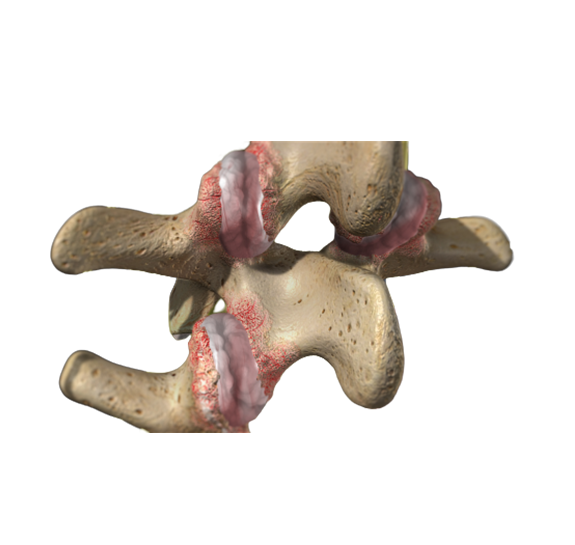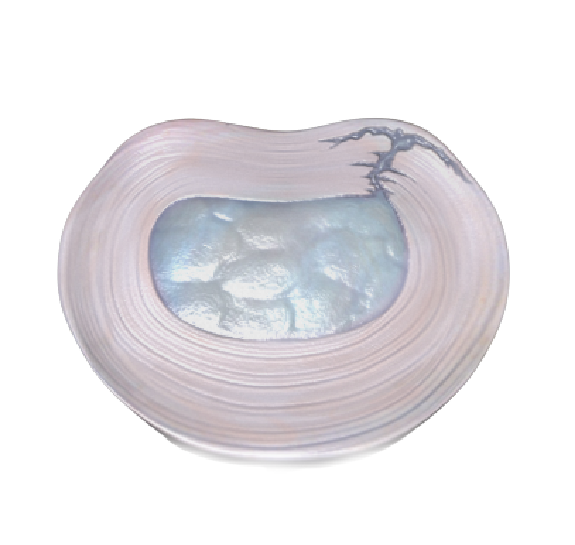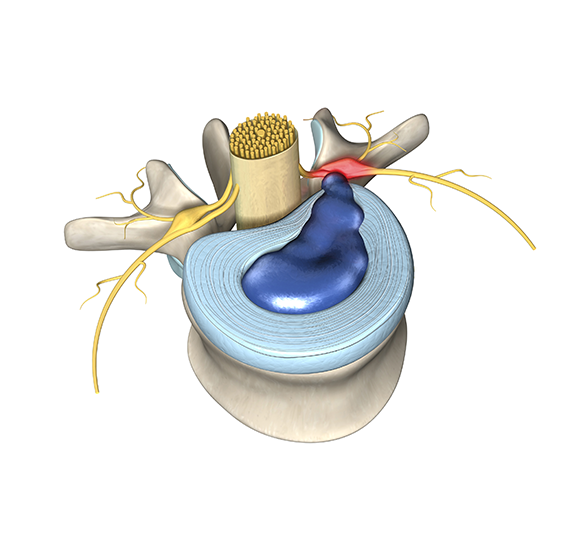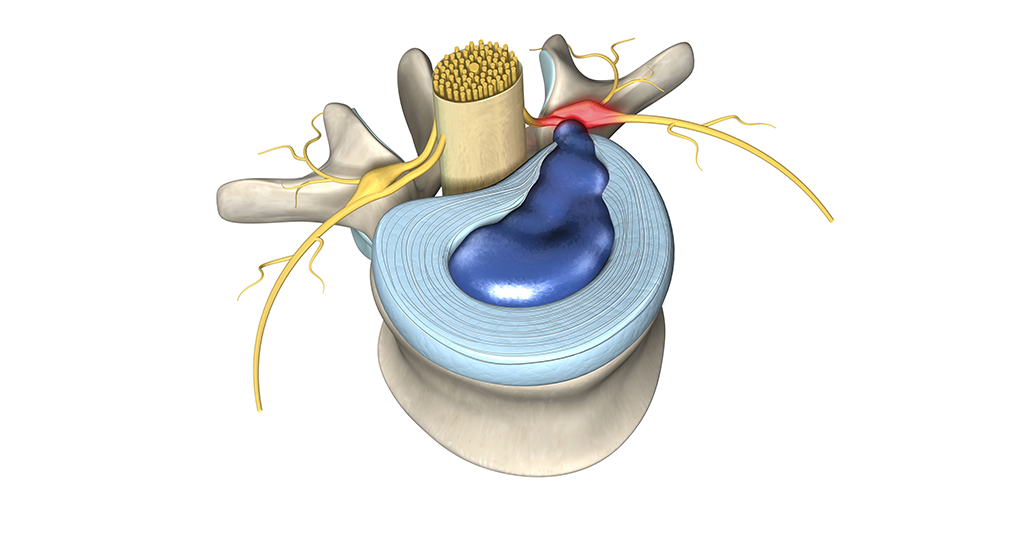
3 Things you must know if you have a herniated disc in the low back causing sciatica
3 Things you must know if you have a herniated disc in the low back causing sciatica https://bestpracticehealth.tv/wp-content/uploads/2022/12/low_back_causing_sciatica_banner.png 1024 535 Best Practice Health TV Best Practice Health TV https://bestpracticehealth.tv/wp-content/uploads/2022/12/low_back_causing_sciatica_banner.pngHerniated discs are the most common cause of sciatica—pain down the leg due to inflammation of a nerve root in the lower back. If you or someone you love develops sciatica, then there are 3 things you need to know.
The standard conservative care for a herniated disc is rest, moist heat, and manual therapies like chiro, acupuncture, or physical therapy. If you have functionally limited numbness, weakness, incontrollable pain, or red flags, then see a doctor right away. Otherwise, you can try to treat at home for 3 weeks. If medications are desired non-steroidal anti-inflammatory drugs or muscle relaxants and not opiates are recommended.
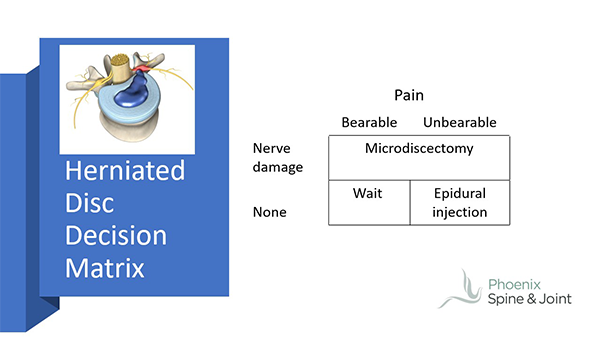
After 3 weeks without improvement at home you should see a doctor. They will take your history, perform a neurological examination, and send you for an x-ray and MRI (Magnetic Resonance Imaging) of your lumbar spine. The proper treatment for a herniated disc causing sciatica depends on your pain and whether the doctor finds evidence of functional numbness or weakness.
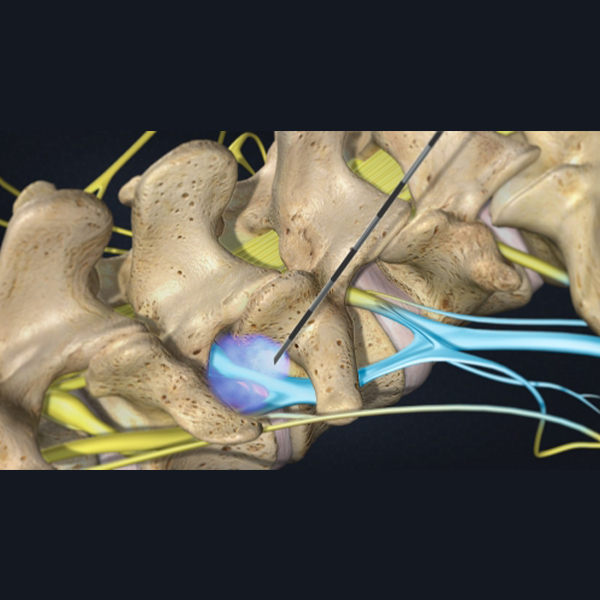
Most herniated discs causing sciatica will heal on their own over 6-12 weeks. However, sciatica pain is quite severe. For those without nerve damage evident on the doctor’s examination epidural up to three epidural injection helps relieve sciatica as your body cleans out the herniated component of the injured disc. While it is very helpful for temporary pain relief, epidural injection does not change the likelihood of your needing microdiscectomy surgery.
Studies show that microdiscectomy surgery relieves sciatica pain faster than healing on your own. Since herniated discs heal on their own, microdiscectomy surgery is reserved for those who need to get better faster, have unbearable pain, or functionally limiting numbness or weakness.

Dr. Dan Lieberman, MD
- Post Tags:
- Pg - Microdiscectomy
- Posted In:
- Herniated Disc With Sciatica




